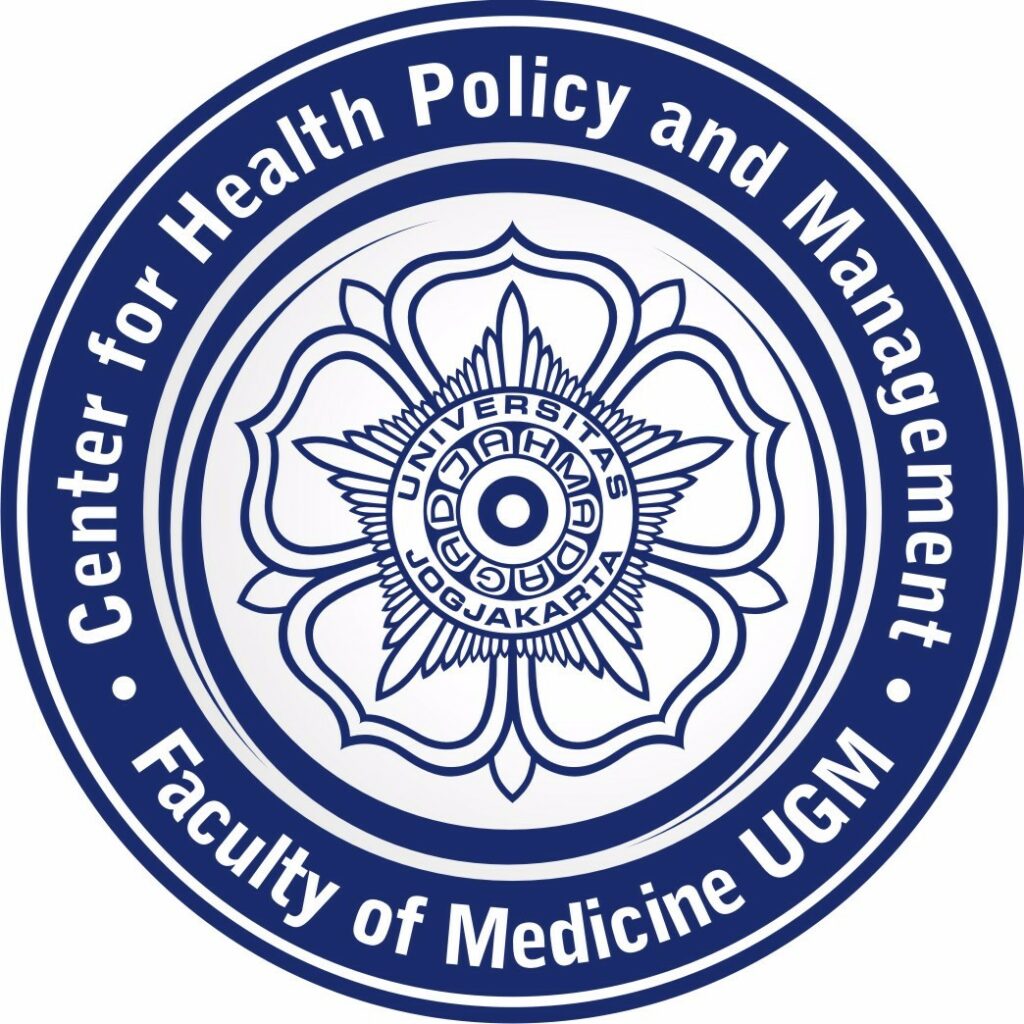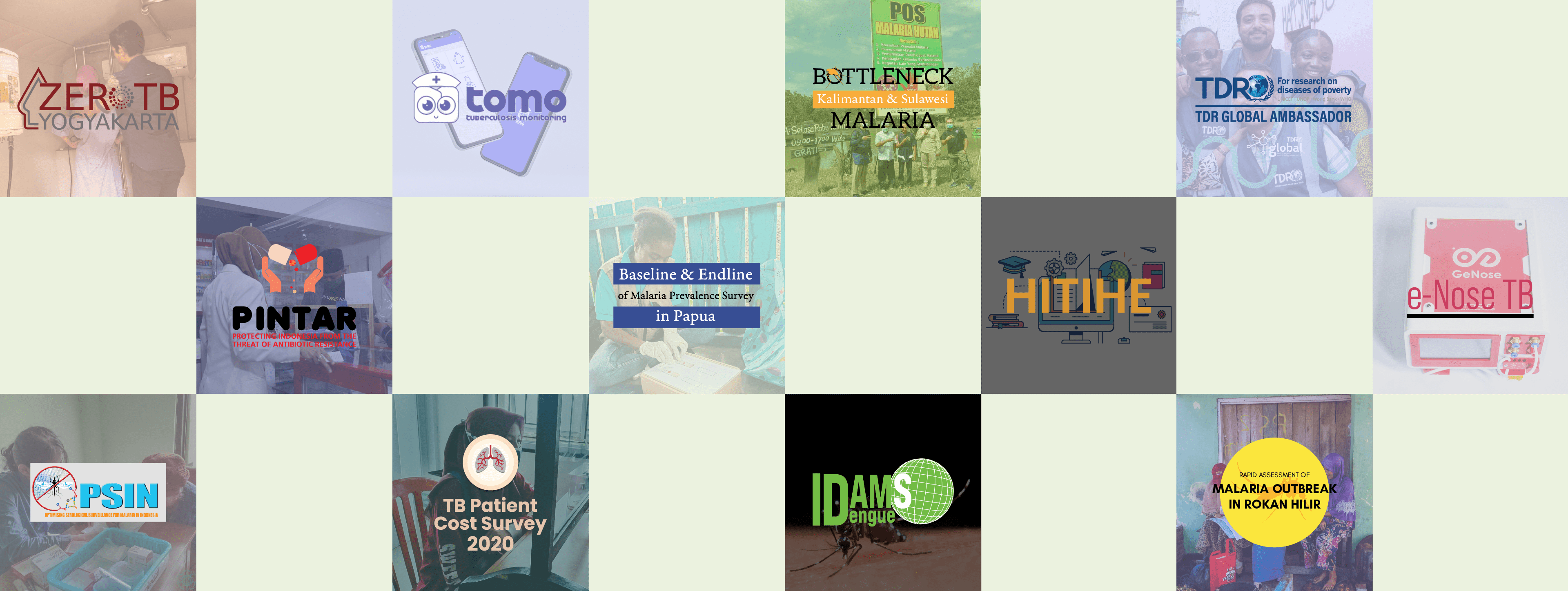Project Description
Cross-sectional COVID-19 Surveillance in Several Provinces in Indonesia
It has been almost 3 years of the pandemic, yet l burden of COVID-19 in Indonesia remains fuzzy. The molecular detection of SARS-CoV-2 in Indonesia is predominantly conducted for moderately or severely ill patients, for contact tracing purposes, or as one of the travel requirements. Beyond those needs, the COVID-19 test is massively provided for people to access. Consequently, the high number of ositive cases found through limited tests suggests that the official COVID-19 cases may not represent Indonesia’s burden of SARS-CoV-2 infection.
IThe actual burden of the pandemic will help the government and health authorities design the COVID-19 prevention and control strategies. We may gain the information through a population-based seroprevalence survey. It portrays the extent of SARS-CoV-2 infection in a particular population and the overall population immunity. Furthermore, we may know whether the people’s immunity is achieved from the vaccination or naturally. For that reason, a COVID-19 serosurvey study named Improving Quality of Disease Preparedness, Surveillance & Response in Indonesia (INSPIRASI) will be conducted.
This study selects four provinces with concerning numbers of COVID-19 cases yet never assessed with a population-based COVID-19 survey. The researchers will collect peripheral blood for antibody detection. Later, they will interview the participants to explore the sociodemographic factors, risk factors, knowledge, attitude and practice (KAP) towards COVID-19 and vaccine acceptance.
Funding
Collaborators







Lab: BBTKLPP Yogyakarta, BTKLPP Makassar, and Lab Riset Terpadu UGM.
Duration
March 2021 – September 2022
Principal Investigator
Riris Andono
“This study’s results will assist the health authorities in working on regulations and policies for COVID-19 and future disease outbreaks.”
As mentioned before, this study’s results will assist the health authorities in working on regulations and policies for COVID-19 and future disease outbreaks. Additionally, this project would strengthen the technical and analytical capabilities of Indonesian government laboratories to perform immune response characterization by using multiplex, microsphere-based immunoassays through laboratory equipment and training. On the other hand, this project aims to strengthen the capacity of Indonesia’s surveillance. The Field Epidemiology Training Program team in multiple universities will undergo field survey training to boost the national preparedness against future outbreaks.
The Project Team













